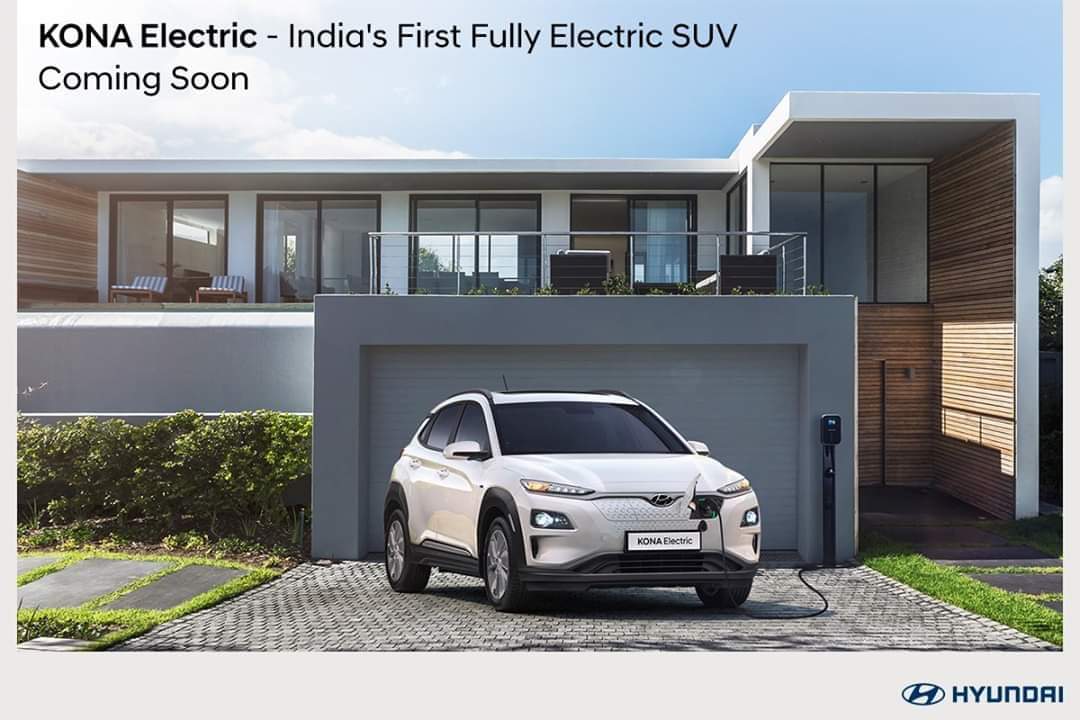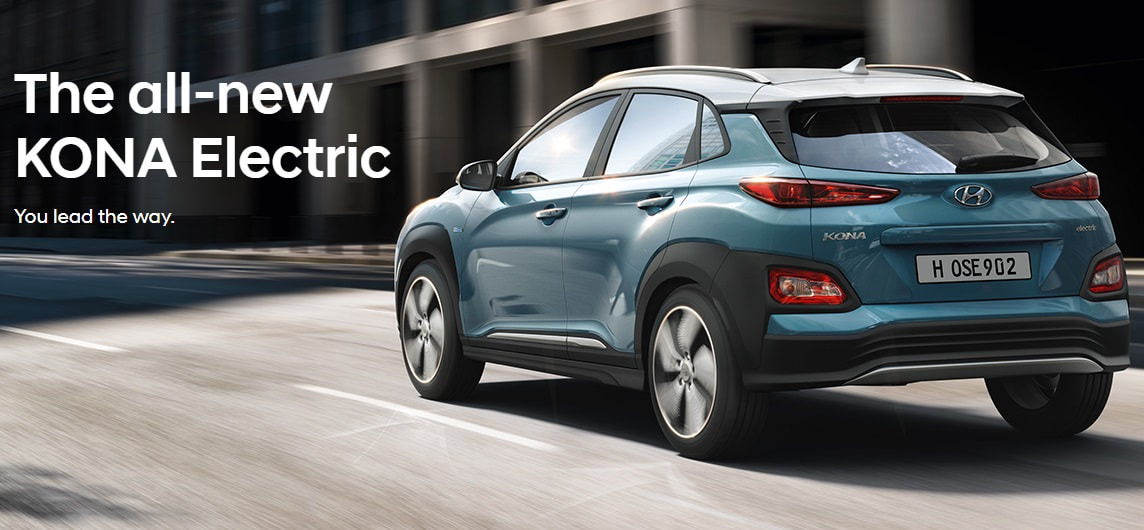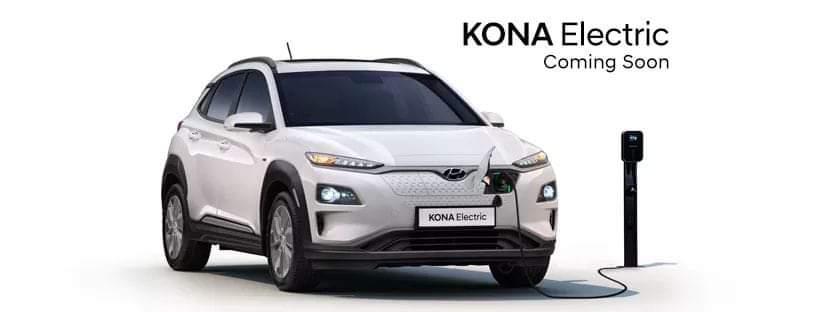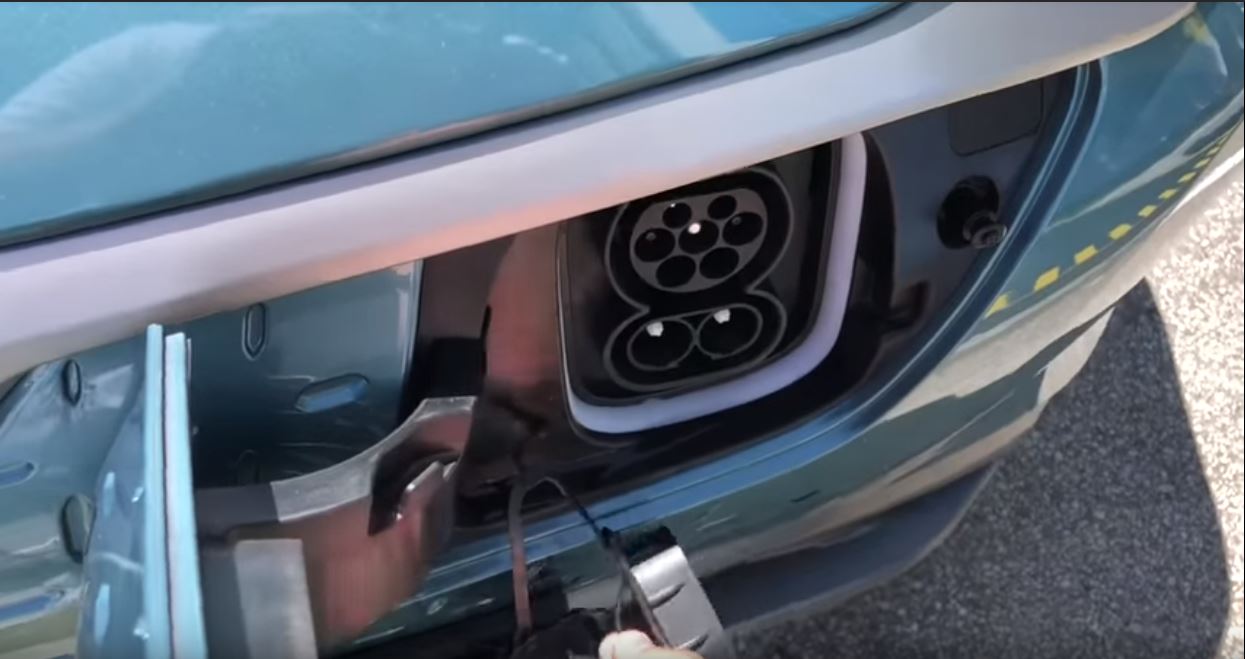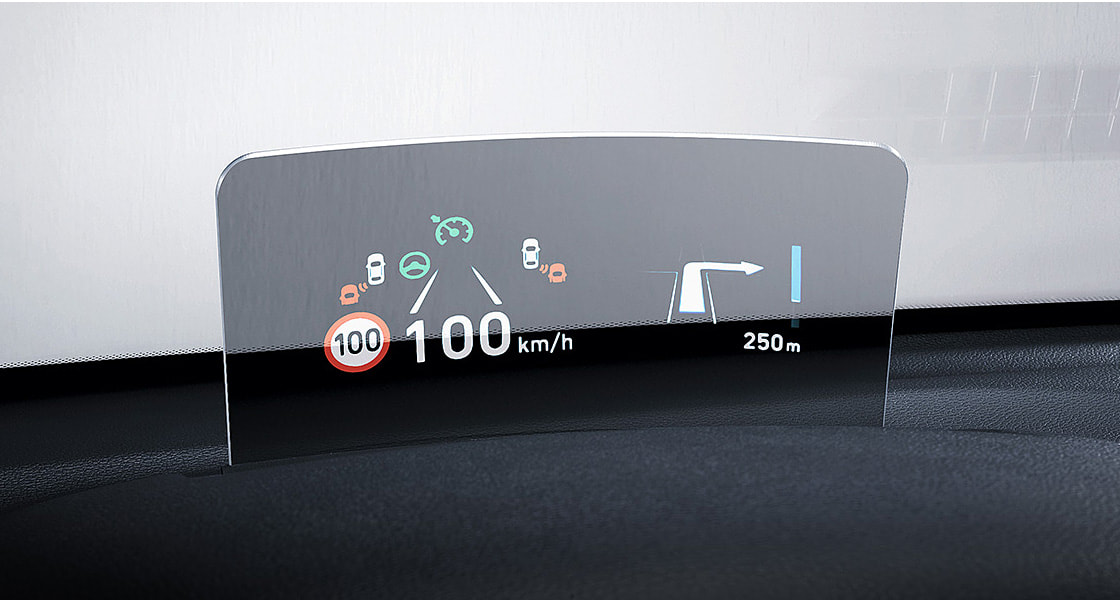No this is not a gossip news item that you read in auto blogs or websites these days about EV's. This is a real launch, where the car will be made available for individual and commercial customers in India. We have been in touch with the nice people in Hyundai over the year talking about the car, the team etc. They don't reveal much, but here are important points to consider if you are interested in the Hyundai Kona Electric SUV.
Pricing and Subsidy
We expect it to cost around 25 Lakhs. At this price the Kona Electric will compete against the following Internal Combustion Engine (ICE) Cars in the market - Toyota Fortuner, Jeep Compass, Honda Civic, Ford Endeavour, Mitsubishi Pajero, and more.
Look around in your city. You will definitely find these luxurious ICE cars all around you. And most of these large cars are driven with only 1 or 2 people in it. Moreover they have awful fuel efficiency and literally drink OIL! These large luxury ICE cars are terrible for the environment and our country.
So the Kona Electric has a chance to get the owners of these anti environment and anti India ICE vehicles, to switch to electric.
There is a market here and we hope Hyundai can create an electric revolution in the luxury electric car segment.
According to FAME 2 as of June 2019, individual owners cannot get subsidy from the government.
What if you own a business and plan to use the Kona Electric for commercial use - like a Hotel or a Travel operator etc? Will you get a subsidy?
Unfortunately, the answer is no. The FAME 2 subsidy is capped at vehicles costing upto Rs 15 Lakh, so again, even for commercial uses the Hyundai Kona is not eligible for subsidy.
However the Delhi government is subsidizing Electric Vehicles. There is a subsidy of Rs 1.5 Lakh if an EV costs more than Rs 5 Lakh.
This is a fantastic initiative from Delhi government, who are offering this subsidy from the Air Ambiance Fund, collected through Diesel Environment cess.
Also there are Registration tax waiver benefits, in states like Maharashtra, Karnataka, Kerala.
Battery, Motor & Range
eVerito, which delivers upto 31 kW of power and 91 Nm of torque. 0 to 100 kmph should be below 10 seconds. 155 kmph is the rated top speed.
So finally, we have an electric car is truly highway worth and can compete against every ICE vehicle in the Indian market.
Now the range. The Hyundai Kona can deliver an eye popping range of 300 km per charge! The Indian electric car market has only seen vehicles with range between 80 to 140 km since 2010. So to see an electric deliver such a range will ensure there is no 'range anxiety' for newbies (even though we have debunked the concept of range anxiety over the years).
And to deliver that sort of range and power, you will need a large battery. The battery in the Hyundai Kona Electric SUV stores 39.2 kWh of energy. This means that you will consume around 40 units of electricity to go 300 km.
Considering residential rates of Rs 6, that would come up to Rs 240 to go 300 km which is incredibly economical compared to all the ICE guzzlers mentioned above. Consider this, at 10 kmpl, you would need 30 liters of Petrol to go 300 km at a ridiculous cost of Rs 2400!
So you start saving money from day one! Its like an electric car is printing money for you!
Hyundai are using Lithium-Ion Polymer battery, which is different to the Lithium Iron Phosphate (LiFePO4) batteries used in Indian electric cars.
Li-polymer offers slightly higher specific energy and can be made thinner than conventional Li-ion, but the manufacturing cost is said to be higher.
Companies like Mahindra Electric, Tata Motors use Lithium Iron Phosphate (LiFePO4) batteries in Indian electric cars as they are better for hot weather conditions found in India.
However Hyundai has created a Battery Thermal Management system in the KONA Electric, which enables higher battery efficiency and higher lifetime. Also the battery pack is liquid cooled via a connection to the A/C system and heated by an electric heating element.
So as an end user, you don't have to worry much regarding heat.
Charging
The CCS port has two additional direct current (DC) contacts to allow high-power DC fast charging.
Thus you will only find one port both for AC and DC charging as seen in the below pics.
If you charge the Kona Electric, using a 15 Amp 240 V power socket found in most homes and businesses in India, say at the rate of 3 kw, then it will take 13 hours to charge the battery from 0 to 100%. This is not ideal as you would prefer to have full charge available after overnight charging. It would be better if you opt for fast AC charging at home at a rate of 7.2 kw. This will charge the Kona in about 5 and half hours which is perfect! This would mean installation of single phase 32 Amp 240 V rated socket. Also ensure that the connection wire can handle the power. We recommend a 10 sq mm copper wire should be used between the charger and meter.
We do understand that Hyundai has tied up with EVSE (Electric Vehicle Supply Unit) manufacturers like Exicom, MassTech, Delta to install these EVSE's at your home or workplace. So every customer will have safe reliable charging, but the power as mentioned will have to be provided to the EVSE installer.
DC Fast Charging
The Kona Electric unfortunately does not use the GB/T connector used in Indian electric cars. Thus all the DC fast chargers being installed in India wont be compatible with the car. Special CCS based DC fast chargers are yet seen in India as of June 2019.
We have understood that the Kona has been tested with a 60 kw DC fast charger to charge the car in 40 minutes from 0 to 100%.
Other Features
- We hope that the Hyundai offers a true connected car experience for Indian customers too.
- It remains to be seen if, Hyundai's Smart Sense, which is Advanced Driver Assistance System would be enabled for Indian users.
These include- Forward Collision-avoidance Assist (FCA)
- Blind-spot Collision Warning (BCW)
- Rear-Cross Traffic Collision Warning (RCCW)
- Lane Keeping Assist (LKA)
- 8" Navigation system features Apple CarPlay™ and Android Auto™ so you can connect your phone and have your music, phone and app functions up on the main screen.
- Programmable charging, enables you to only charge the Kona's batteries, say from midnight when it is cooler or if there is access to cheaper electricity rates.
- We also hope they keep improving software of the car and the mobile app and not just sell it and treat it like an ICE car.
Availability
We are not sure if all Hyundai dealers will have it in their showroom. We will update this blog once we get some information.
So what do you guys think? Do let us know your thoughts in the comments below!

